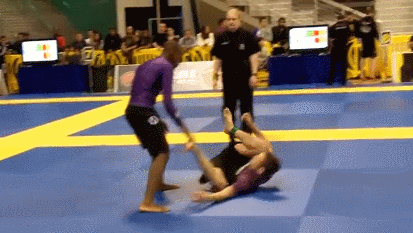CoachRonald
Yellow Belt
- Thread Starter
- #21
I am pretty sure there were no guns, knives or other weapons in you ADCC turnaments?.
From my part, I've never gone armed to any turnament and believe people dont usually do it in hand to hand, sporting contexts.

